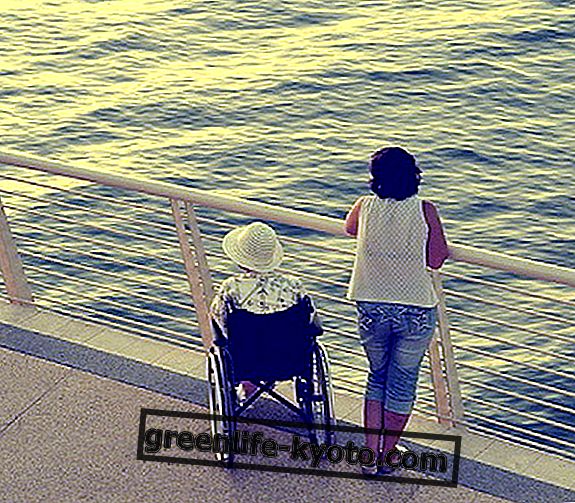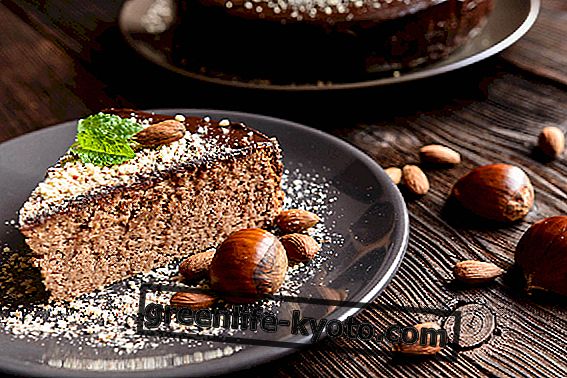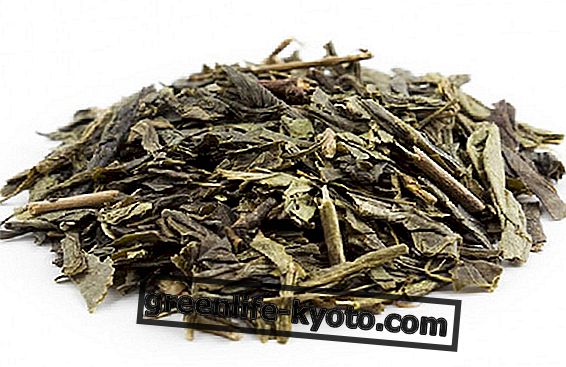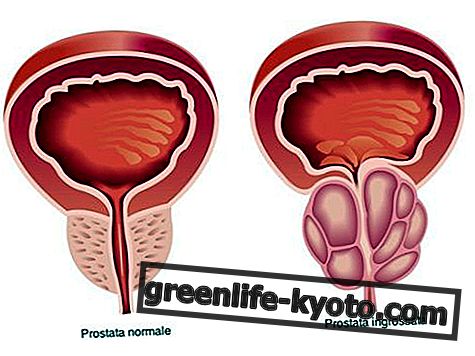The posturologist acts on the imbalances of the postural system through a global approach that takes into account the trauma, lifestyle and character of the patient . Let's find out better.
>
>

What does the posturologist do?
Clinical posturology is the medical science that studies the functioning of the Postural System and studies the relationship between the imbalance of the Postural System and the pathologies of the musculoskeletal system.
Becoming a posturologist means helping the recipient to cope with muscle contractures, back pain, headache, joint problems, arthrosis, scoliosis, herniated discs and more.
In the case of functional motor rehabilitation in progress, one can and must also work on the level of postural re-education and here the work of the posturologist takes over.
The posturological approach is important because it goes to work on any dysfunctional motor or postural habits, opening the possibility of changes that give benefits in the long run.
In the field of posturology there are receptors that, if they do not work harmoniously or are altered by external factors, affect the balance of the body. The most important receptors, according to these theories, would be: the eye, the ear, the foot and the skin.
For the posturologist it is therefore important to have a global approach to the mind-body system that takes into account the trauma, lifestyle and character of the patient in order to develop a targeted and unambiguous strategy for each individual person. The specialist in posturology performs an instrumental investigation consisting in the computerized analysis of the center of gravity, muscle tone, postural oscillations and spine structure. It also analyzes the support of the foot, the support bases, the convergence of the eyes, the mandibular occlusion and all that can interfere with the optimal body schema, which differs from individual to individual.
You can learn more about natural ailments and cures for your muscles

Become a posturologist
The posturologist is a specialist in postural problems and how to deal with them, respecting the subject and the individual. In order to be able to define posturologists it is necessary to have attended a University Master in posturology.
Who can become a posturologist? The career, through a special Master's or other training course, is suitable for graduates in health rehabilitation professions, physical education, optometrists, dentists and orthodontists, psychologists, orthopedists and physiatrists, general practitioners and so on.
On the basis of the diagnosis a re - education and individualized therapy program is then set up. The one-to-one relationship between the posturologist and the other professional figures opens up to the concept of interdisciplinarity and therefore to team work . In fact, the postural patient is not "anyone's" a priori, and it is only after a careful postural analysis that it is understood by whom it is more appropriate to address the person for the definitive treatment.
Posturologist in Italy and abroad
The Italian Study and Research Association in Posturology is born from the need to propagate the professionalism, preparation and knowledge of those who deal with posturology, in order to guarantee a better operation in our daily work, a fundamental prerogative to restore psycho-physical well-being of the patient.
Curiosity
"How does a man maintain a straight or inclined posture against the wind blowing against him? It is evident that he has a sense through which he knows the inclination of his body and that he has the ability to readjust and correct all the waste in relation to the vertical ". In 1837, this was the question raised by Charles Bell.













